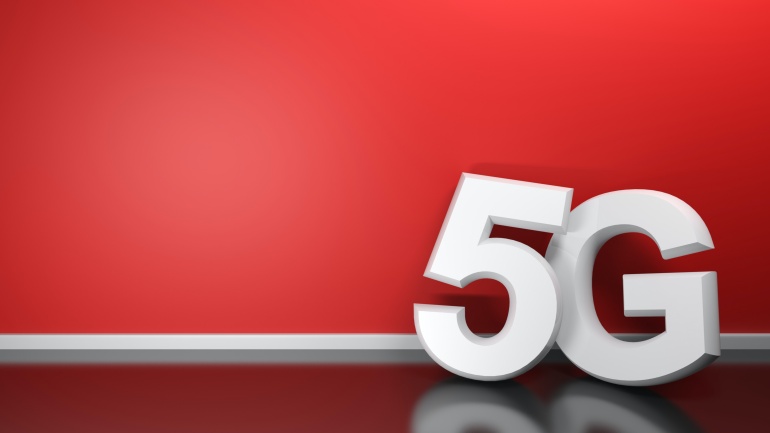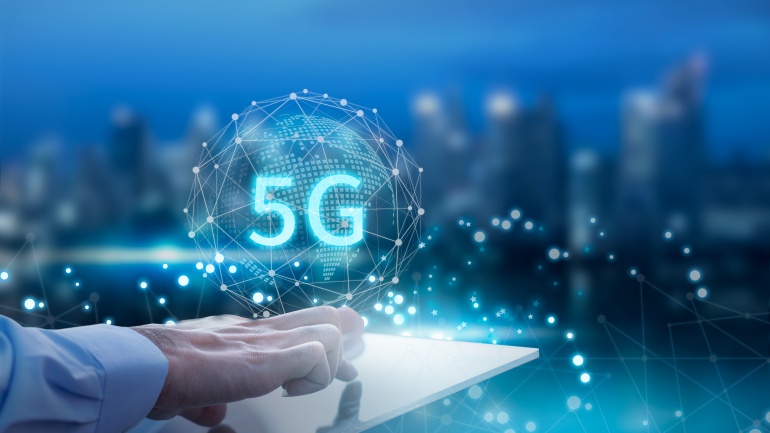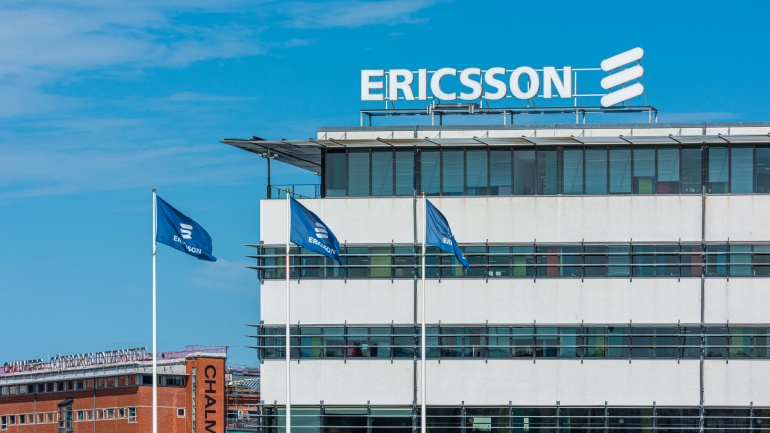Ericsson has announced the sale of its unprofitable Internet of Things (IoT) division to Aeris Communications, an IoT solutions supplier. The Swedish telecom equipment provider claimed that the transaction, which covers its IoT Accelerator and Connected Vehicle Cloud operations, will end the businesses’ past quarter-to-quarter losses of almost $24 million. Over 9,000 businesses use Ericsson’s IoT Accelerator to handle 22 million eSIM connections and over 95 million connected devices worldwide. For worldwide IoT cellular connectivity, these businesses and relationships make use of Ericsson’s current network of over 35 communications service provider partners. The Connected Vehicle Cloud business, in the meantime, is said to be the most comprehensive connected car platform available today, with automotive IoT leaders utilizing this service to connect over six million vehicles across 180 countries. More than 100 million IoT devices will be connected across 190 countries using Aeris and Ericsson’s combined IoT…
Ericsson has announced that the Committee on Foreign Investment in the United States (CFIUS) has approved its $6.2 billion acquisition of Vonage Holdings. The transaction is scheduled to close by Thursday, July 21. The Swedish vendor’s most significant purchase to date is that of Vonage. This acquisition is a crucial component of Ericsson’s strategy, which calls for creating a market-leading service for businesses. Both the company’s boards and shareholders have approved the $6.2 billion all-cash transaction, but the deal was briefly put on hold while the Committee on Foreign Investments in the United States (CFIUS) looked at it. Following the transaction’s announcement, Ericsson became involved in a controversy in February involving payments to the Islamic State militant organization in Iraq. This incident led to investigations by various U.S. authorities, raising concerns that the deal would be in jeopardy. In spite of Ericsson’s offer price of $21 per…
BT and Ericsson have launched a new cooperative venture in which the two companies will collaborate to deliver private 5G networks to Industry 4.0 clients. The details of the multimillion-pound arrangement have not been released, although it is reported that the partnership duration is to be for several years. Under the terms of the agreement, BT will use Ericsson technology to provide private 5G networks to partners in a variety of industries, including manufacturing, healthcare, and transportation and logistics, with a focus on enabling valuable solutions such as asset tracking, predictive maintenance and automation. Asset tracking, predictive maintenance, networked sensors, real-time data processing, automation and robots are among the industry 4.0 solutions promised. The actual implementation may vary depending on the environment, but the private 5G network, which enables all of these use cases with low latency connectivity, is the main selling point. Katherine Ainley, CEO Ericsson…
The successful demonstration of renewable energy sources in a 5G mobile site has been confirmed by Deutsche Telekom and Ericsson. Both companies collaborated to convert a live radio station utilizing a management system to optimize power supply and demand by leveraging solar and wind energy. The site in Dittenheim, 120 kilometers north of Munich, has been partially powered by solar panels for over a year as part of a prior collaboration between the two enterprises. Wind turbines have now been installed as part of a new trial to increase the site’s renewable energy capability. Acting as a second renewable energy power source, the wind turbine is capable of providing up to 5kW of additional electricity. When the conditions are ideal, the facility may run entirely on renewable energy, eliminating the requirement for use of the electrical power grid. The Ericsson Power System, which handles the two power sources…
Ericsson has ceased operations in Russia in order to comply with international sanctions imposed in the weeks following Russia’s invasion of Ukraine. Nokia, too, has announced its intention to abandon the Russian market, having already ceased supplies and begun to relocate R&D out of the country. However, Nokia intends to continue supporting the maintenance of current equipment on humanitarian grounds. Over the years, Ericsson has collaborated with a number of Russian mobile providers. The company recently formed a strategic relationship with MTS to create private 5G networks, as well as the testing and implementing next-generation technology with the operator. Ericsson has said that it will indefinitely cease relevant operations with Russian clients. The vendor also stated that it is in discussions with customers and partners, and that staff in Russia have been placed on paid leave. In Russia, Ericsson employs around 600 people. In a stock market notification…
Ericsson, a global networking company, has announced its plan to buy Vonage, a cloud-platform company based in the United States, for $6.2 billion. Ericsson is getting a more contemporary communications strategy with Vonage, which includes a cloud contact center, communications APIs, and a VoIP solution. The move reflects Ericsson’s growing attempts to join the enterprise market, with the goal of enabling these clients to take use of new services in addition to the high speeds enabled by 5G networks. This merger, though, is not about 5G. Ericsson is concentrating on Vonage’s communications APIs, which it hopes will allow it to access a global network of developers working on 4G and 5G technologies. Vonage is a cloud-based communications provider that allows clients to incorporate communications, such as voice, video, and messaging, into apps and products through its Vonage Communications Platform. Ericsson believes that Vonage’s cloud platform, which now serves…
Swedish vendor Ericsson has signed an agreement to provide a 5G “core” to Virgin Media O2, a new company established by a merger between Virgin Media and the mobile operator O2. Ericsson will build a VMO2 standalone 5G core, that will incorporate 4G and non-standalone 5G cores, to create dual-mode 5G core, as referred to by Ericsson. The vendor has been a supplier to mobile operator O2 UK for quite some time now. The previous deal between the two companies focused on an ongoing “network modernization program” that was introduced in June 2020. Since the older core used by O2 was also that of Ericsson, it was appropriate to continue with the same technology vendor. Moreover, the new agreement also allows Virgin Media O2 to provide a standalone 5G service. UK operators have based their 5G launches on a “non-standalone” architecture that allows the 5G RAN to revert…
Ericsson has announced the launch of its Private 5G, which will reshape on-site connectivity by providing secure and simple 4G LTE and 5G Standalone Connectivity (SA), targeting the manufacturing, mining and process industries, offshore and power companies, as well as ports and airports. Ericsson Private 5G enhances and makes business operations using cloud network management easier, keeping sensitive data on-site without downtime, and guarantees high performance under Service-Level Agreements (SLAs). The Ericsson 5G Private network is based on a 4G/5G radio and dual-mode core technology for extensive indoor and outdoor environment use cases, that include tracking assets and real-time automation, a digital twin to help optimize production operations, effective quality checks using augmented reality, and smart surveillance drones. This technology seamlessly merges with a variety of business projects, devices, and applications to increase productivity, deliver new offerings, boost customer engagement, and improve the overall work environment. The…
The Swedish multinational networking and telecommunications company Ericsson has introduced three new radios in its enterprise-level Massive MIMO portfolio, and bolstered their RAN Compute portfolio with six RAN Compute products to accelerate the 5G mid-band release and expand next-generation mobile technology. Ericsson stated that the three new radios and six new RAN Compute products will enable operators to make better use of the full spectrum of mid-band, that is around 3.5 GHz. The products are powered by Ericsson Silicon, the company’s system on a chip (SoC), which provides advanced processing capabilities for the rapid development of energy-efficient, high performance networks and ensures greater security. With the new mid-band spectrum, telecom service providers can leverage their 5G spectrum resources to deploy services quickly and efficiently, thereby delivering higher quality and more responsive experiences to mobile broadband subscribers. Mid-band bridges speed, capacity and coverage gaps between low and high frequency…
Ericsson has once again raised its year-end estimate for global 5G subscriptions to 220 million, while predicting that more than 1 billion people will have access to next-generation coverage over the same period. The company foresees that four out of ten mobile subscribers will be using 5G services by 2026. In their November 2020 Mobility Report, Ericsson predicted real 5G traction, as well as the progress in the deployment of new features in network and device areas, regardless of the concerns caused by the Covid-19 pandemic. Ericsson believes that 15% of the world’s population, or more than 1 billion people, will live in an area with 5G coverage by the end of 2020. They expect that number to grow to 60% or 3.5 billion consumers by 2026. Ericsson has also added another 30 million to the end-of-year estimate of the number of 5G subscribers, having previously announced the…













